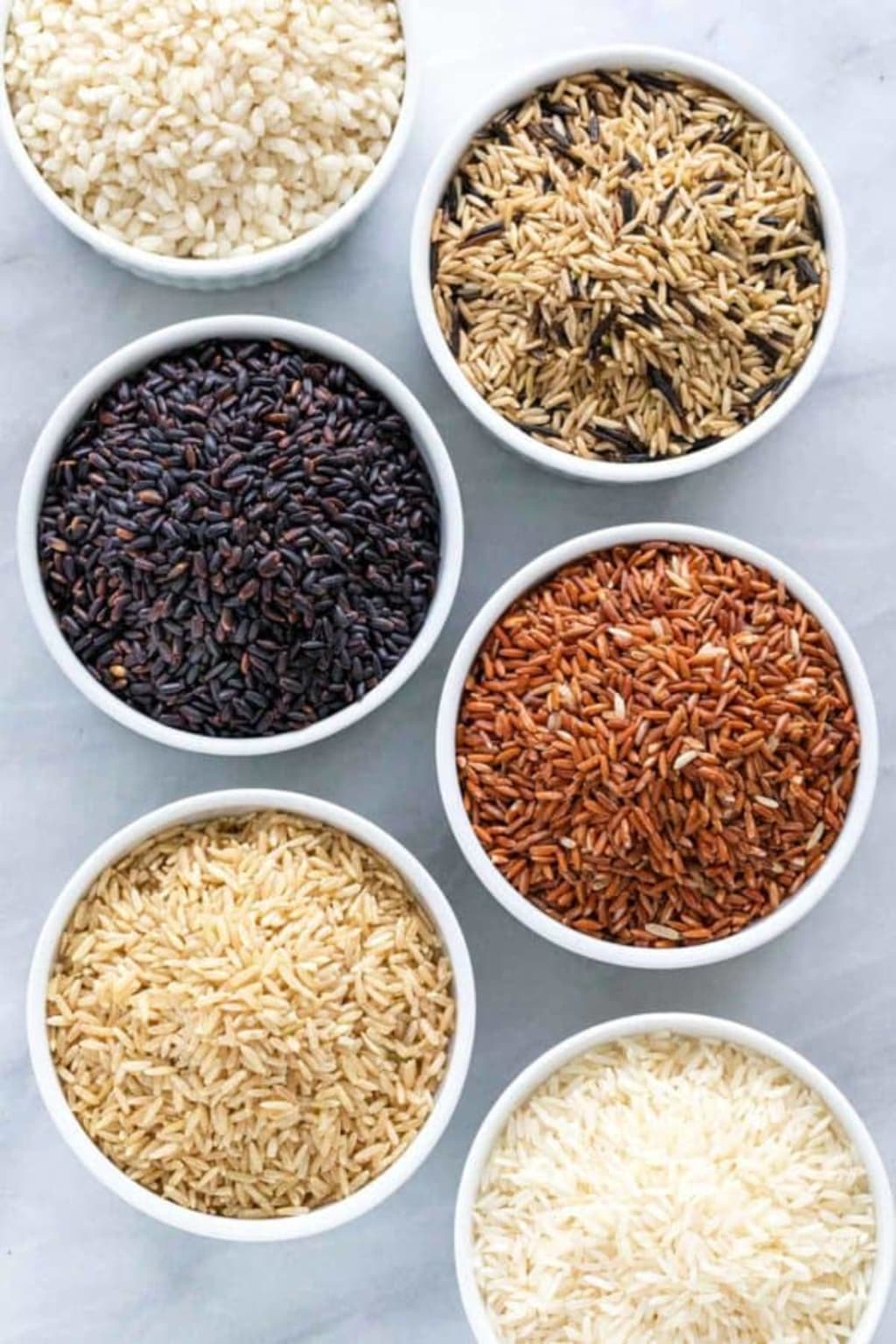What Kind of Rice Should Diabetics Eat?
A Guide to Choosing the Right Type of Rice to Manage Blood Sugar Levels.

As a diabetic, it is important to maintain a healthy and balanced diet to control your blood sugar levels. Rice is a staple food in many cultures, and it can be a challenge to find the right kind of rice that is suitable for a diabetic diet. In this article, we will explore the different types of rice available and discuss which type of rice is best for diabetics.
Rice is a complex carbohydrate that is broken down into glucose, which raises blood sugar levels. The glycemic index (GI) is a measure of how quickly a food raises blood sugar levels. The lower the GI, the slower the digestion and absorption of the carbohydrate, which leads to a slower rise in blood sugar levels. This is important for diabetics because they need to maintain stable blood sugar levels to prevent complications such as nerve damage, kidney disease, and vision loss.
Brown rice vs white rice
There are two main types of rice: brown rice and white rice. Brown rice is a whole grain that contains the bran, germ, and endosperm. White rice is processed and has the bran and germ removed, leaving only the endosperm. Brown rice is considered the healthier option because it is less processed and contains more fiber, vitamins, and minerals than white rice. Brown rice also has a lower GI than white rice, which makes it a better choice for diabetics.
One study compared the effects of brown rice and white rice on blood sugar levels in people with type 2 diabetes. The study found that the group that ate brown rice had significantly lower fasting blood sugar levels and lower postprandial blood sugar levels than the group that ate white rice. This is because the fiber in brown rice slows down the digestion and absorption of the carbohydrate, which leads to a slower rise in blood sugar levels.
Basmati rice vs jasmine rice
Basmati rice and jasmine rice are two popular types of rice that are often used in Asian and Middle Eastern cuisine. Both types of rice have a fragrant aroma and a distinct flavor. Basmati rice is a long-grain rice that is commonly used in Indian and Pakistani dishes. Jasmine rice is a fragrant rice that is commonly used in Thai and Vietnamese dishes.
In terms of their impact on blood sugar levels, basmati rice has a lower GI than jasmine rice. Basmati rice has a GI of around 58, while jasmine rice has a GI of around 89. This means that basmati rice is a better choice for diabetics than jasmine rice.
Wild rice vs white rice
Wild rice is a type of grass that is native to North America. It is often used in salads, soups, and side dishes. Wild rice is a good source of fiber, protein, and minerals such as magnesium and phosphorus. It also has a lower GI than white rice, making it a good choice for diabetics.
One study compared the effects of wild rice and white rice on blood sugar levels in people with type 2 diabetes. The study found that the group that ate wild rice had significantly lower postprandial blood sugar levels than the group that ate white rice. This is because the fiber and protein in wild rice slow down the digestion and absorption of the carbohydrate, which leads to a slower rise in blood sugar levels.
Conclusion
In conclusion, there are many different types of rice available, and it can be a challenge to find the right kind of rice that is suitable for a diabetic diet. Brown rice, basmati rice, and wild rice are all good choices for diabetics because they have a lower GI than white rice and contain more fiber, vitamins, and minerals. By choosing the right kind of rice, diabetics can maintain stable blood sugar levels and prevent complications associated with high blood sugar levels.





Comments
There are no comments for this story
Be the first to respond and start the conversation.